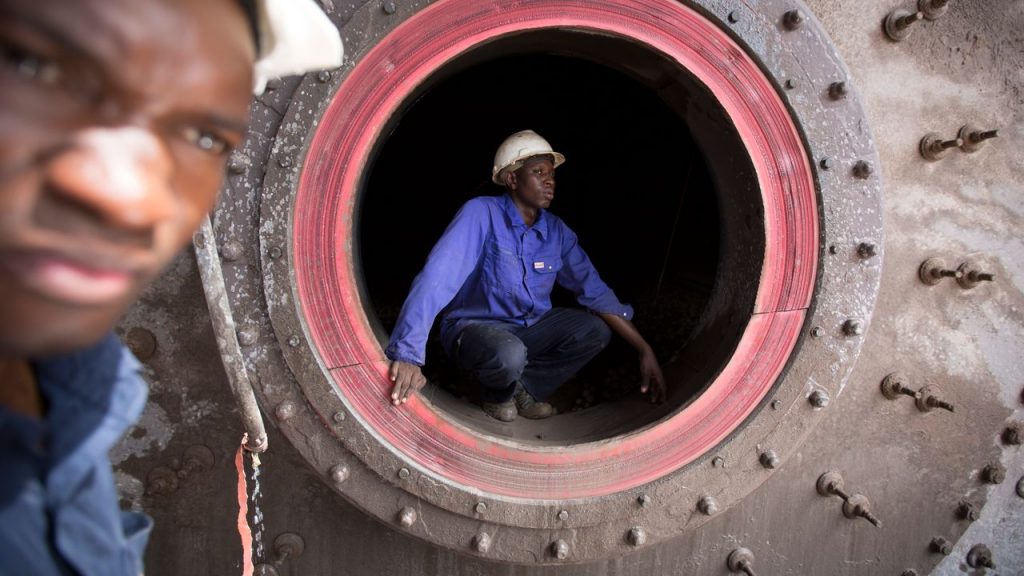
SIMON DAWSON/BLOOMBERG/GETT
In the 19th century, foreign explorers came to Africa in search of ivory, rubber and slaves. Today, they come for Africa’s minerals — its copper, zinc and tungsten. The developed world needs them for its skyscrapers, cell phones and much in between.
The exchange is sometimes unfair. Often, African governments don’t know the value of the natural resources underground, but mining companies from the West — and, increasingly, China — do. That knowledge asymmetry has cost African countries and their citizens as much as $1.4 trillion over the past 30 years.
coach patchwork purse
But a more level playing field may be in sight, thanks to a World Bank initiative that aims to compile Africa’s mineral maps into a single, public database: the so-called Billion Dollar Map. The goal is to give African nations as much information as possible about their natural resources so that they can earn a fair price for the minerals they sell, World Bank officials say.
While mineral maps of the African continent exist, most are private or piecemeal. The Billion Dollar Map is crucially different: Its contents will be available to the public. And that, experts hope, will minimize underpricing and corruption, and help governments get a fairer price for their countries’ resources.
Read the full story at OZY.com
